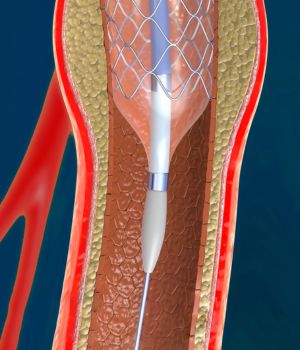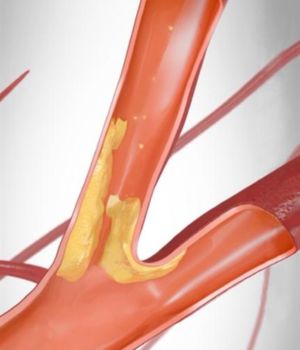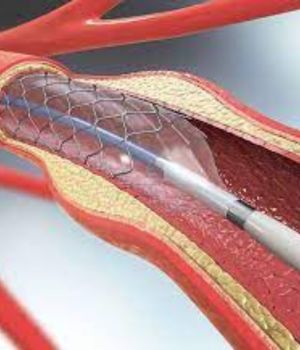Carotid artery disease can lead to stroke, transient ischemic attacks (TIAs), and severe neurological complications. Percutaneous Transcarotid Artery Revascularization (TCAR) is a minimally invasive procedure designed to restore proper blood flow to the brain while reducing the risk of stroke. Early evaluation and treatment can prevent serious complications and improve long-term outcomes.
Why Vascular Health Matters
Carotid arteries supply blood to your brain. Narrowing or blockage due to plaque increases the risk of stroke and cognitive impairment. Timely intervention restores circulation, reduces stroke risk, and preserves neurological function.
What is Percutaneous Transcarotid Artery Revascularization (TCAR)?
TCAR is a minimally invasive procedure in which a catheter is inserted through the carotid artery in the neck. Blood flow is temporarily reversed to prevent debris from traveling to the brain while a stent is placed to open the narrowed artery. This approach combines the safety of surgery with the reduced recovery time of endovascular techniques.
Steps of Treatment
- Consultation & Diagnosis: Physical exam, duplex ultrasound, CT angiography, and medical evaluation.
- Treatment Plan: Personalized strategy based on artery blockage, plaque characteristics, and patient health.
- Procedure: Catheter insertion, flow reversal system activation, and stent deployment under imaging guidance.
- Recovery: Most patients are observed overnight; minor bruising or soreness is possible.
- Follow-Up Care: Regular imaging and check-ups to ensure proper stent function and prevent restenosis.
Who Can Benefit from TCAR?
- Patients with significant carotid artery stenosis (>70%).
- Those at high risk for stroke or transient ischemic attack (TIA).
- Individuals who cannot undergo traditional open surgery.
How the Procedure Works
- Assessment & Imaging: Identify narrowed or blocked segments of the carotid artery.
- Flow Reversal: Temporary reversal of blood flow protects the brain from debris during stent placement.
- Stent Deployment: Catheter-guided stent opens the artery and restores proper blood flow.
- Recovery & Monitoring: Observation in a monitored setting, followed by imaging and ongoing evaluation.
What Is Our Service Here?
- Personalized consultations and carotid artery mapping.
- Advanced catheter-based TCAR procedures.
- Comfortable, minimally invasive environment with expert monitoring.
- Full post-procedure guidance and follow-up.
- Care provided by a top vascular surgeon in Houston, Texas.
Management and Aftercare
- Blood-thinning medications as prescribed.
- Lifestyle guidance for cardiovascular health.
- Routine imaging to monitor stent integrity and arterial health.
Insurance & Cost Plan
- Coverage: Most medically necessary TCAR procedures are covered.
- Verification: Costs vary; call our office for confirmation.
- Elective Procedures: Cash-pay only.
- Payment Options: Financing and flexible self-pay plans available.
Dos and Don’ts After TCAR
Dos: Take medications as prescribed, attend all follow-ups, and maintain light activity.
Do n’ts: Avoid strenuous activities, ignore neurological symptoms, or skip appointments.
Is It Curable?
While TCAR does not remove the cause of atherosclerosis, it effectively prevents strokes and restores proper carotid artery blood flow. Long-term monitoring and lifestyle management reduce recurrence risk.
Questions to Ask Your Surgeon
- Am I a suitable candidate for TCAR?
- What are the risks and benefits?
- How long is recovery expected?
- Will additional procedures be needed?
- How will my stroke risk improve after TCAR?
Expected Results
- Restored carotid artery blood flow.
- Significantly reduced stroke risk.
- Quick recovery and minimal discomfort.
- Long-term arterial health with proper follow-up.
Why Choose Us
Our Houston, Texas clinic offers expert TCAR care with advanced imaging, minimally invasive stent placement, and personalized follow-up to restore carotid blood flow, reduce stroke risk, and protect neurological function.


